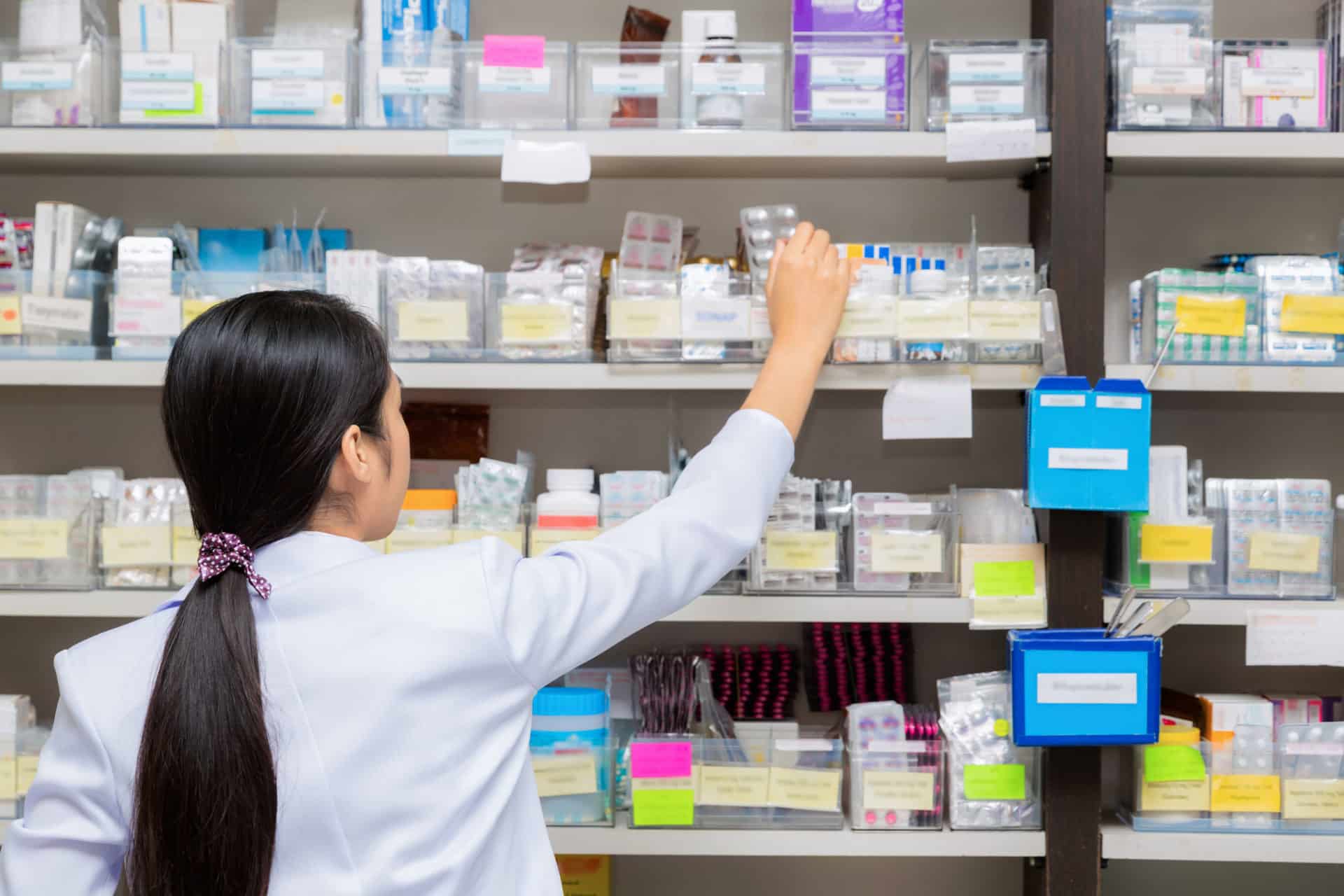
Imagine you go for a refill of your anxiety medication. You know that pills are usually white, so it’s odd when your pharmacist instead gives you pills that are blue. Being a layman, though, you don’t question it. You make the rational assumption that the pharmacist – as an experienced professional – knows what they’re doing.
However, after using it you experience no benefit. You turn to your doctor, who tells you that you’ve been given tablets used to treat thyroid issues. Horrified, you go to the pharmacist and explain the issue. They apologize profusely and exchange the remainder of pills.
Is that it? Should it be?
That largely depends on you and what you experienced by taking the wrong medication and missing out on the relief that you should have been given. Why? Because under New York law, you can hold a pharmacy responsible if they make an error that causes you injury.
It is a form of medical malpractice. Most people know that medical malpractice applies to doctors and hospitals, but few think of holding their pharmacist responsible for the medication mistakes they make.
It’s worth considering, though, because a “simple” pharmacy error can easily exacerbate your current health issues and/or contribute to creating new ones. In some cases, getting the wrong medication can have life-threatening consequences.
Getting Familiar with Pharmacy Malpractice in New York
Learning what constitutes pharmacy malpractice can help you determine if you should be calling a pharmacy malpractice lawyer to consider suing.
Pharmacists are qualified medical professionals. They have to complete years of education and supervised training before beginning work. Even so, mistakes happen.
Some of the most common New York pharmacy errors include:
- overlooking or neglecting to mention possible allergic reactions
- becoming confused by patient names’ and mixing up prescriptions
- failing to calculate the correct dosage or dispense medication of the correct dosage
- making mistakes in compounding medications leading to incorrect proportions of active components
- failing to add printed warnings about doses, side effects, and contraindications
Why Do Pharmacy Errors Happen in New York?
Pharmacy errors can happen due to any of the following issues and courts may consider these as negligence on the part of the pharmacy:
- Not having sufficient quality control systems to check dispensing procedures and monitor for errors
- Overworked pharmacists compelled to fill more prescriptions faster
- Insufficient or inadequate training or procedures to identify medication and its contraindications
- No supervising technicians when labeling bottles, measuring or counting medication, or dispensing restricted medications without conferring with the duty pharmacist
- Inadequate communication between physicians and pharmacists regarding medication and its proper dosage
- Extensive reliance on automated systems, like express prescriptions and computer-generated refills
If you end up becoming a victim of these pharmacy errors, you’d still need to have evidence to support your malpractice case. You have to prove that the pharmacist
- failed to deliver the necessary standard of care, which
- caused an injury to you, for which
- you deserve
Working with a NY pharmacy malpractice lawyer may help you collect the right evidence to get a verdict in your favor. Medical records, pharmacy records, the remaining pills and testimony from doctors, as well as medical bills are just some types of evidence that could help you win compensation.
Provided you have a case and your lawyer represents you well, you may be compensated for
- Disability
- Medical expenses
- Loss of earnings
- Pain and suffering
- Emotional distress
What’s more, the court has the right to apply punitive damages to certain cases against the entity held responsible for the error. The hospital or pharmacy for which the pharmacist worked will have to settle your case by paying a compensatory amount as ordered by the court.

The lesson? Mistakes happen, but that doesn’t always mean that you should just shrug and move on. If the error in question caused you harm, it is not only in your best interest to hold the responsible party accountable, but also the best interests of everyone else who visits that pharmacy.









